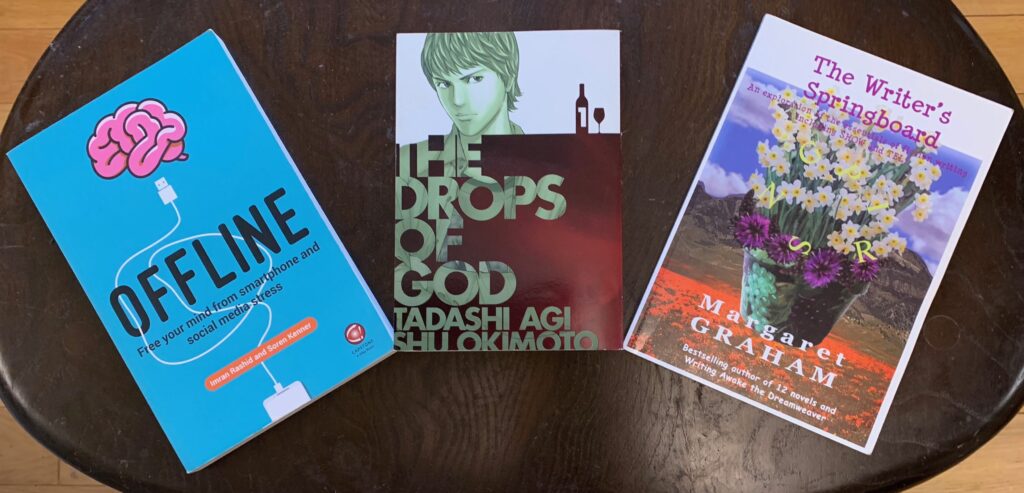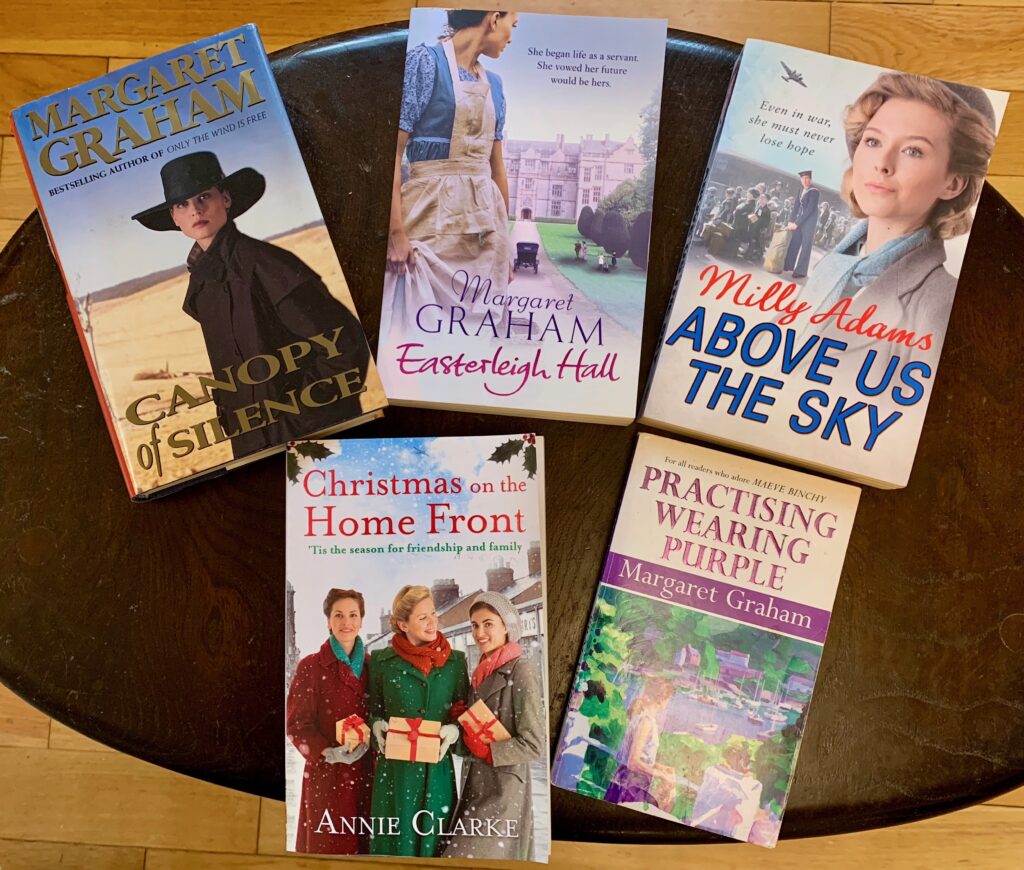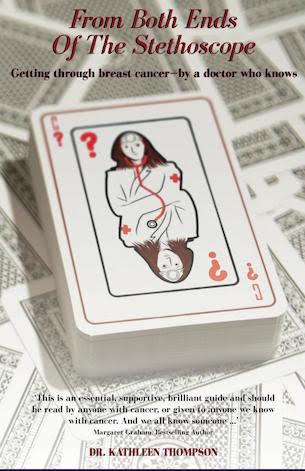Books are powerful aren’t they? They give instant access to great minds from numerous centuries, experiences beyond our reach and limitless knowledge.
As a doctor I find psychology fascinating, and thought manipulation, together with the powerful instincts driving human behaviour. So naturally George Orwell’s Animal Farm and Nineteen Eighty-four influenced me tremendously. Having volunteered for the Spanish Civil War, Orwell saw first-hand how politics and power-wrangles ultimately controlled and re-wrote history. His experience when the faction he had been fighting for was made the convenient scape-goat for the emerging winners was surely a major inspiration for his books, and through sharing his insights, he made me aware of the lies and mind games we are exposed to every day – sadly often from mainstream media.
Black Box Thinking by Matthew Syed explores fascinating aspects of the human psyche too – such as why even educated intelligent people will cling to a blatantly false belief – because being proved wrong is more intolerable than most people realise. He warns of the ubiquity of false memory and the dangers this poses when relying on crime witnesses. Interesting for me, he also explores ‘blame culture’ and how it often leads medical errors to be suppressed, thus losing the opportunities to learn from them, in contrast with the more open investigations of aviation disasters.
Also dealing with the psyche, a book I reviewed for Frost – Offline explains how social media utilises our brains’ release of dopamine – the pleasure/addiction hormone, to draw us in, and how our views and perceptions can be, and are, manipulated using simple psychological principles. This important read continues to influence how I use social media.
My daughter introduced me to Japanese Manga. I particularly love The Drops of God – how a famous wine expert posthumously encourages his estranged son to learn about fine wines – and guess what? You learn too as you read – what would you like to know about Margaux, Amarone, Dom Perignon? It’s all in the story and I know a lot more about fine wines now than I did. I just need to work out how to afford some of them – maybe another book will help with that?
When I found myself struggling with breast cancer, I knew I had to write a book to help others who didn’t have my medical knowledge. But how to write a book? I had no idea. Eventually I discovered The Writer’s Springboard: An Exploration of the Essentials of Fiction Writing by Margaret Graham – and at the other end of it – the guru herself. Through this book, and her tutorials, Margaret gave me the tools to write my book, which definitely changed my life in so many ways.
But I can’t mention Margaret Graham without commenting on her incredible list of novels – under both her own name and her pen-names, Millie Adams and Annie Clarke. Margaret is a best-selling author because she sucks you in. You don’t read, you experience. She hasn’t worked in a coal mine, or braved the dreadful cold on a canal boat, or built her home from scratch in the Australian out-back, or struggled in the middle of a war-zone (well actually … but that’s another story) – but she has that talent of making you feel the experience. So now I feel like I’ve done all these things too – and these ‘experiences’, albeit from the comfort of the sofa, inevitably change one, don’t you think?
So what books changed your life?
By Dr K Thompson, award-winning author of From Both Ends of the Stethoscope: Getting through breast cancer – by a doctor who knows
http://www.amazon.co.uk/dp/B01A7DM42Q http://www.amazon.com/dp/B01A7DM42Q
Note: These articles express personal views. No warranty is made as to the accuracy or completeness of information given and you should always consult a doctor if you need medical advice.









